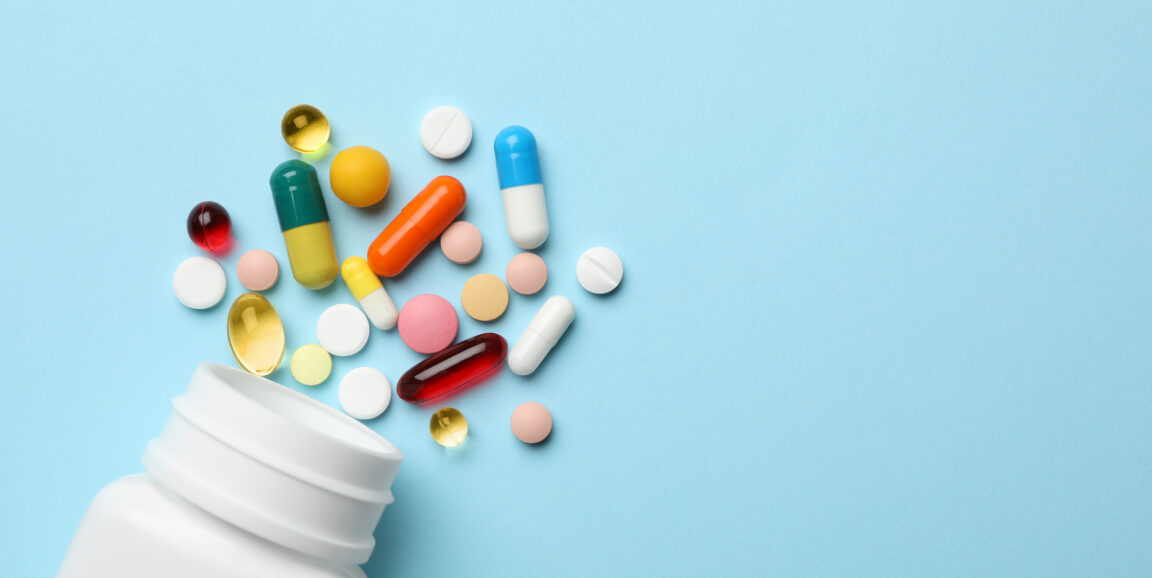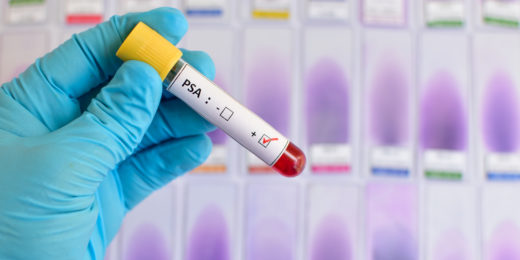The prostate-specific antigen (PSA) test has become a first-resort workhorse for determining whether a male patient needs to be biopsied for prostate cancer. Simply put, the more PSA there is in your blood, the more stressed-out prostate cells you've got (though that can be a result of infection or age-related growth of prostate tissue - not just of cancer). Not foolproof by any means, but easily measured in a blood sample.
In a study recently published in the Journal of Clinical Oncology, a Stanford team led by urologist Joseph Presti, MD, describes its finding that certain widely prescribed medications - including statin drugs such as Lipitor (atorvastatin) and Zocor (simvastatin), and nonsteroidal antiinflammatory drugs (NSAIDs) such as aspirin, ibuprofen and naproxyn - appear to reduce PSA levels in the blood.
That can be a good thing, or a bad thing.
The good thing would be if the drugs were actually putting the brakes on prostate-cancer development. The bad thing would be if the drugs were doing something that caused PSA levels in the blood to drop without, however, having any negative effect on prostate-tumor formation or growth. That could give the false impression that a patient is fine when, in fact, an underlying problem has merely been masked by the drug effect.
Nobody knows yet which effect is in place, and it's going to take some time before anybody finds out.
Some investigations are now underway in which statins and NSAIDS are being tested in prostate-cancer patients. But Presti told me: "Our study raises a very big question: If you see a decline in PSA in patients with prostate cancer taking statins or NSAIDs, is it actually impacting the cancer or is it just altering PSA production?"
Given the number of regular users of these medications who are getting tested for PSA, it will be good to get an answer.
Photo by New Africa






